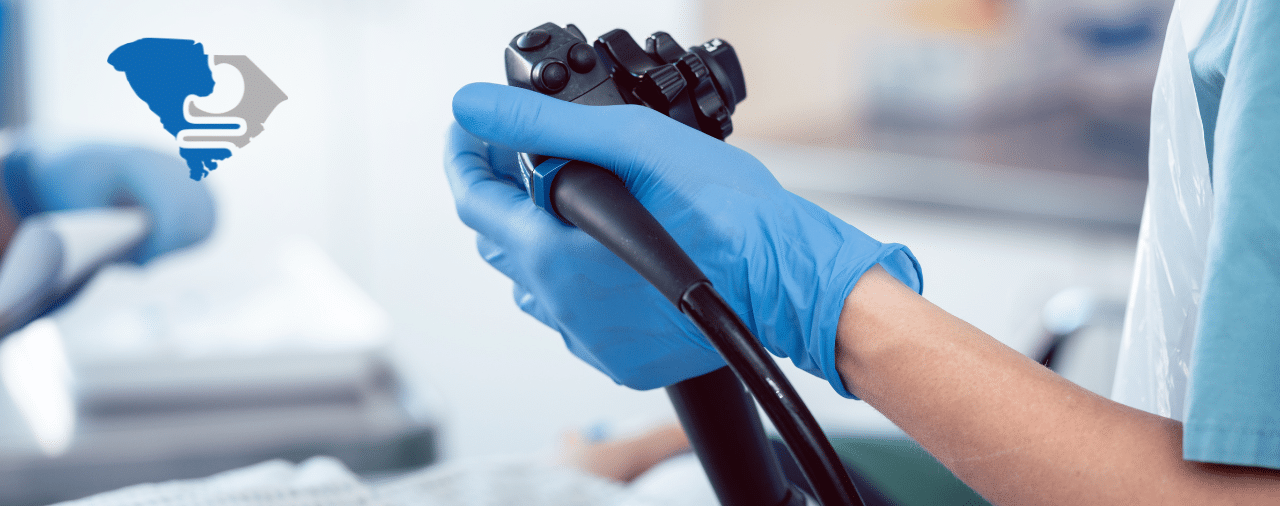If you’re about to undergo a colonoscopy, you might be wondering about polyps — what they are, why they matter, and what happens if they’re found during your procedure. Colonoscopies are vital for detecting problems in the colon and rectum, including polyps, which are growths that can develop in the lining of the digestive tract. Most polyps are harmless, but some can develop into colon cancer over time. In this post, we’ll explain what polyps are, the different types, and what to expect if any are discovered during your colonoscopy.
What are polyps?
A polyp is an abnormal growth of tissue that protrudes from the lining of the colon or rectum. Polyps are relatively common, especially in people over the age of 45. While the vast majority of polyps are benign (non-cancerous), some types can slowly transform into cancer if left untreated. Polyps can vary in size, shape, and appearance, and they may not cause any symptoms, which is why colonoscopies are essential for early detection.
Why are polyps important?
Polyps are important because, while most are benign, certain types have the potential to turn cancerous over time. Colorectal cancer is one of the most common and preventable cancers, and polyps are thought to be the precursor to this disease. Removing polyps early — before they have a chance to develop into cancer — is one of the key benefits of a colonoscopy.
The main goal of a colonoscopy is to identify and remove polyps, especially those that might be at risk of becoming cancerous. The procedure is a vital part of colorectal cancer prevention, and for this reason, doctors generally recommend routine screenings starting at age 45, or earlier if you have a family history of colorectal cancer or other risk factors.
What happens if polyps are found during your colonoscopy?
If a polyp is found during your colonoscopy, the next steps will depend on the type, size, and appearance of the polyp.
- Removal of Polyps:
- In most cases, if a polyp is detected, it will be removed during the procedure. This is called a polypectomy, and it is done using special tools inserted through the colonoscope. Most polyps are removed easily, and the procedure is generally safe. Removing polyps is one of the most effective ways to prevent colon cancer.
- Biopsy and Lab Testing
- After removal, the polyp will be sent to a laboratory for examination. A pathologist will analyze the tissue to determine the type of polyp and whether there are any abnormal cells or signs of cancer. If the polyp is cancerous, further treatment may be necessary, but the chances of cancer are very low for smaller, benign polyps.
- Follow-Up Colonoscopies
- The results of the biopsy will help your doctor decide whether you need to have a follow-up colonoscopy sooner than the usual 10-year interval for average-risk patients. If multiple polyps or larger polyps are found, your doctor may recommend a follow-up colonoscopy in 3-5 years, as you may be at higher risk for developing more polyps.
- Other Treatments
- In rare cases, if a polyp is too large to be removed during a colonoscopy, or if it’s difficult to reach, your doctor might recommend other treatments, such as surgery or a more advanced endoscopic procedure.
Symptoms of Polyps
One of the reasons regular colonoscopies are so important is that polyps often don’t cause any noticeable symptoms. Even if a polyp is present, you may not experience pain, bleeding, or changes in bowel movements. This is why colonoscopies are a vital tool for detecting polyps early — long before symptoms develop.
- Symptoms include:
- Rectal bleeding or blood in your stool
- Changes in bowel habits, such as persistent diarrhea or constipation
- Abdominal pain, cramping, or discomfort
- Unexplained weight loss
If you notice any of these symptoms, it’s important to consult a gastroenterologist, but remember that they can also be linked to a range of other conditions.
Conclusion
Polyps are common growths in the colon and rectum, and while most are harmless, some can lead to cancer if left untreated. A colonoscopy is a key tool in detecting and removing polyps early, which can significantly reduce your risk of colorectal cancer. If polyps are found during your colonoscopy, your doctor will guide you through the next steps, which typically involve removal and biopsy to ensure they are benign.
By staying on top of regular screenings and following your doctor’s recommendations, you can play an active role in your colorectal health and help prevent potential problems down the line. If you’re due for a colonoscopy or have questions about polyps and colorectal cancer prevention, talk to your healthcare provider about the best plan for you.
Written by Dr. Joseph Lebel, Gastroenterologist


